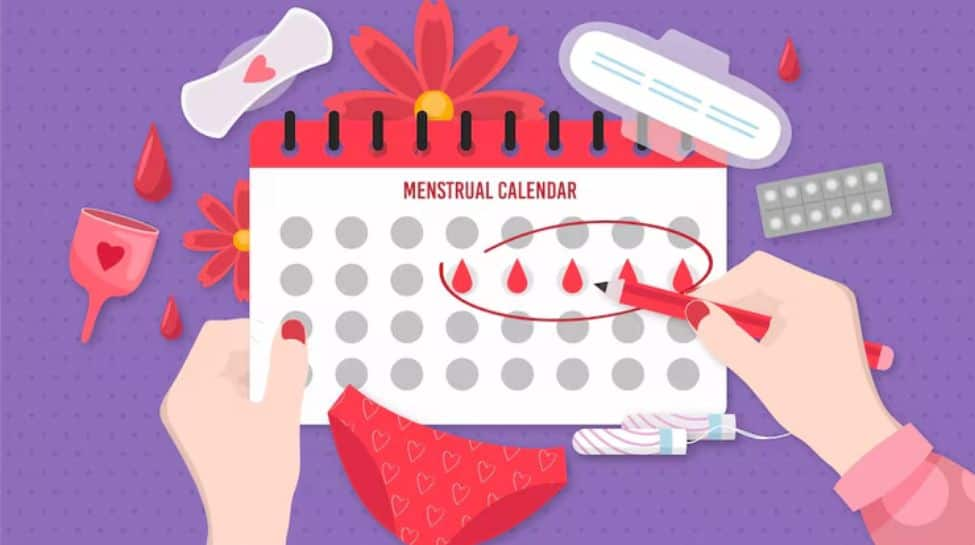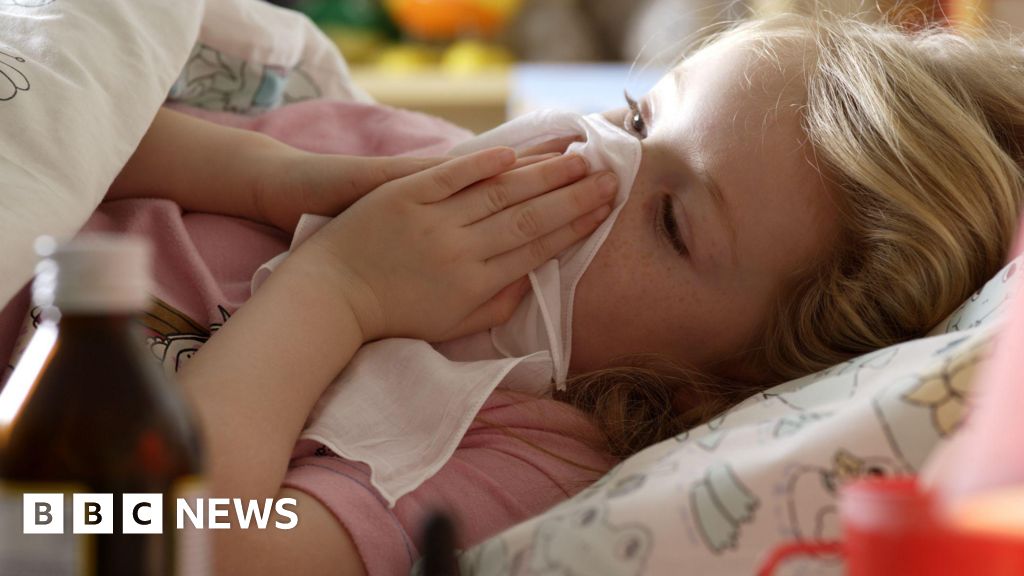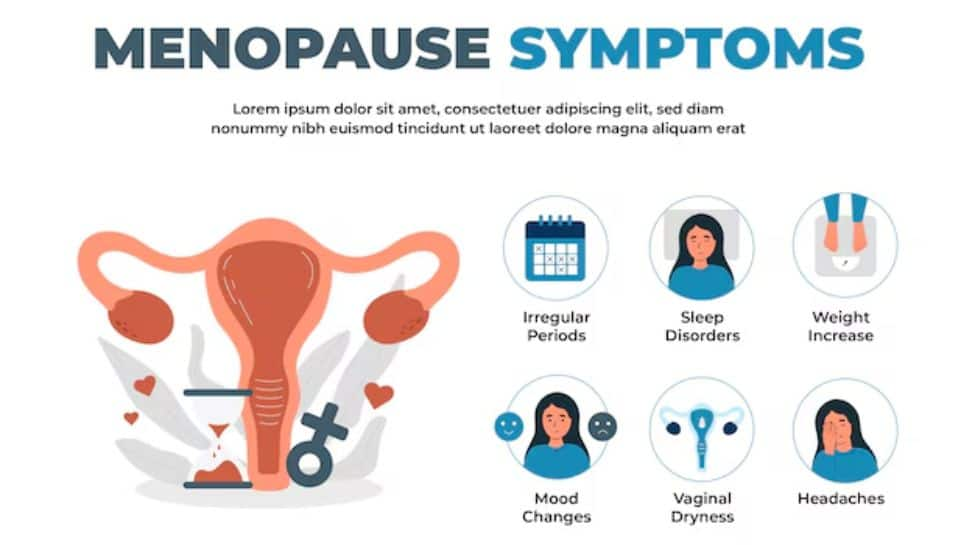In many parts of India, menstruation remains a subject too uncomfortable to discuss yet too critical to ignore. For millions of women and girls, especially those in rural, tribal, or low‑income urban communities, managing periods is a daily struggle shaped by silence, misinformation, and systemic neglect. The consequences of poor menstrual hygiene are profound: lost education, serious health complications, emotional distress, and the denial of basic dignity and opportunity.
Recent studies indicate that as many as one in four girls, which is about 25 percent, miss school during menstruation due to inadequate facilities, privacy, and fear of staining uniforms. In Delhi alone, a survey revealed that 40 percent of girls have stayed home during their periods, with 65 percent citing disrupted daily life.
Nationally, an estimated 23 million girls drop out of school annually due to a lack of sanitary infrastructure- a figure that underscores the scale of gender-based educational barriers. Dr. Srinivas K Jois Professor & Head, Dept of OBG Bangalore Medical College & Research Institution & Braja Kishore Pradhan, Founder of the Aahwahan Foundation shares the silent emergency of menstruation, health and the promise of empowerment.
Unseen, Untreated: The Health Fallout of Menstrual Insecurity
The use of unhygienic materials like old cloth, newspapers, hay, ashes, or even soil is still widespread across India. Restricted access to clean toilets, and sanitary materials exposes women and girls to a variety of health issues, most of which remain undiagnosed and untreated because of taboos and limited medical access.
Reproductive Tract Infections (RTIs) is among the most prevalent complications of unsanitary menstrual management that may result in itching, pelvic pain, unusual discharge, and lead to more complicated problems such as pelvic inflammatory disease, ectopic pregnancy, and infertility. Unhygienic menstrual habits, such as extended use of soiled pads or cloths and improper public restroom sanitation, usually lead to Urinary Tract Infections UTIs.
Symptoms are painful urination and pain in the lower abdomen; untreated, they may develop into kidney infections. Bacterial Vaginosis (BV) is caused by an interference in the normal equilibrium of bacteria in the vagina, a risk factor increased through poor menstrual hygiene. It may cause symptoms of discomfort, higher risk of STIs, and pregnancy issues like premature delivery. Utilizing wet or recycled materials provides a fertile ground for fungal infections, causing itching, sores, and ulcers in extreme circumstances.
The stigma, fear, and shame of menstruating girls, particularly those who do not have access to clean and private sanitation, can negatively affect their self-esteem and mental well-being. The humiliation of wetting their clothes or being kept away from everyday activities can render menstruation a distressing experience monthly.
Designing Dignity: How Policy and Practice Can Transform Menstrual Care
Addressing the menstrual hygiene crisis in India demands a comprehensive, multi-stakeholder solution – one that addresses menstrual health not as an off-center concern but as central to development. Education for menstrual health should be included in school curricula. Teachers should be trained, and parents sensitized, to permit frank discussions and eliminate stigma. Subsidized sanitary pads, the use of environmentally friendly alternatives, and small local units of production, especially operated by self-help groups, can enhance access and generate livelihoods.
Sanitary toilets, washrooms with running water facilities, and incinerators for sanitary waste management must be provided in all schools, workplaces, and public places. Initiatives that creates a safe and hygienic place for girls in schools when they are menstruating, which is well-stocked with sanitary napkins, a private changing room, clean water, and comfortable seating ensure dignity and care. We believe it is essential that local communities and schools possess good sanitation facilities, including toilets, clean water, waste disposal, and privacy.
Empowering Girls, Advancing the Nation: The Menstrual Health Mandate
All women and girls should be able to get through their period safely, with dignity, and with confidence, regardless of where they live or their income level.
Menstrual health is a foundation for realizing wider national aspirations, from education and work to equality between men and women and sustainable development. When we get menstrual hygiene right, we empower half the country, unlock hidden potential, and move one step closer to a fairer India. No girl must ever be held back because she bleeds.
(This article is meant for informational purposes only and must not be considered a substitute for advice provided by qualified medical professionals. Always seek the advice of your doctor with any questions about a medical condition.)





